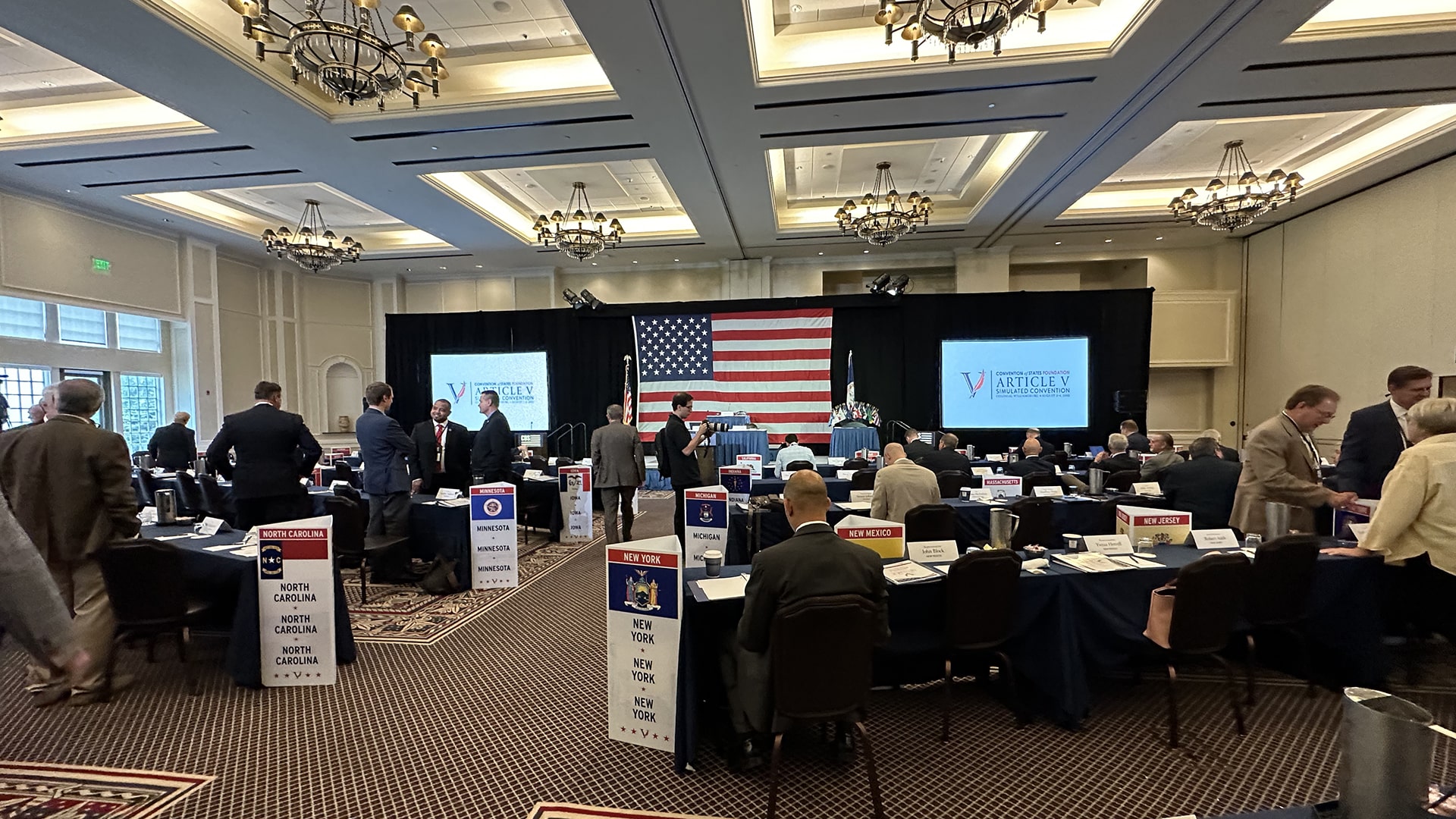Legislators bring back Convention of States resolution
In the New Mexico House of Representatives, House Joint Resolution 12 has been put forward by Reps. Randall Pettigrew (R-Lovington), John Block (R-Alamogordo), and Jimmy Mason (R-Artesia). This resolution aims to convene a states’ convention under Article V of the U.S. Constitution, a measure that seeks to address and potentially recalibrate the balance of federal authority.
The primary objectives outlined in the resolution include imposing fiscal restraints on federal spending, curbing the scope of federal power, and instituting term limits for Congress members and other federal officials. With the endorsement of this resolution, New Mexico is poised to join a growing list of states advocating for a constitutional convention, marking it as the 20th state in pursuit of the 34-state threshold required to initiate the process.
The convention, as envisaged, would serve as a platform for all states to deliberate on proposed amendments, which would then need the ratification of at least three-quarters, or 38, of the states to be adopted into the Constitution.
The resolution’s sponsors have voiced concerns over what they perceive as the federal government’s expansive reach and fiscal irresponsibility, which they argue adversely affects New Mexico’s families, businesses, and local governance. They emphasize the constitutional provision that allows states to convene under Article V to address issues that the federal legislature has neglected, particularly highlighting the necessity for federal budgetary discipline akin to New Mexico’s constitutional requirement for a balanced state budget.
Myles Culbertson, the State Director for the Convention of States in New Mexico, highlighted the urgency of the situation by pointing to the national debt, which has soared beyond $34 trillion, according to the U.S. Debt Clock. He warned of the dire economic implications for the American populace if the debt continues to grow unchecked, potentially reaching double the size of the nation’s Gross National Product by 2030. Culbertson stressed that the state legislatures possess a potent remedy to this burgeoning crisis, underscoring the need to act swiftly.
For more detailed information on the resolution and the broader movement it represents, interested parties are directed to the Convention of States website.
This legislative initiative marks a critical juncture in the ongoing debate over federalism and the distribution of power between state and federal governments, reflecting a concerted effort by state legislators to assert their constitutional prerogatives in shaping the nation’s governance framework.
